Among a variety of assurance tools for transparency, ethical business practices, or compliance with international standards, one of the most useful and efficient is a Sedex Audit. SEDEX is a popular tool for sharing and rating supply chain information by analyzing supplier ethical data. There is a framework under SEDEX that is used widely, known as the SMETA 4-pillars audit, which includes labor/management, health and safety, environmental, and business ethics. Sedex is important to businesses globally. Learn more about SEDEX on their official website.
In order to get the Sedex Audit, focus on two key areas: labor standards and health & safety. It promotes reasonable treatment of workers, compliance with ethical employment statutes, and a safe working environment, embracing the Sedex 2 Pillar Audit.
This Sedex audit includes the Sedex 4 pillar audit fields but also includes environmental management and business ethical issues.
The Sedex 4-Pillar Audit is suitable for organizations desiring to achieve higher levels of ethical and sustainability compliance. You can read more on this SEDEX audit guidance page.
For organizations seeking to establish compliance and prove they are worthy business partners, getting a Sedex Audit is essential. This certification demonstrates that a business has adhered to Sedex standards, helping create a competitive advantage when retailers are looking to work with certified companies that uphold ethical practices. Check out the benefits of SEDEX certification.
SEDEX assists companies in managing performance across the Sedex 4 pillar Audit:
SEDEX provides a centralized platform for companies to share and access data related to ethical compliance, making it easier for businesses to monitor the ethical standards of their supply chains.
A Sedex consultant can help businesses with the audit preparation, identifying risks, developing policies, conducting the audit, and closing audit gaps.
The SEDEX Audit is needed in industries such as retail, food production, home furnishing, and export houses. Companies supplying to giants like Walmart, Amazon, and Flipkart are required to undergo SEDEX audits to ensure strict ethical standards.
Legal4sure offers expertise in SEDEX audit requirements for companies like Walmart, Flipkart, Amazon, Adani, and many more. We provide comprehensive support, from preparation to implementation of corrective actions.
Legal4sure has a proven track record of helping businesses achieve Sedex Audit smoothly and efficiently.
Are you ready to improve your company’s ethical compliance and open new markets for yourself? Apply for Sedex Audit with Legal4sure and see the transformation. We offer detailed SEDEX audit services to guide you through every step of the certification process, from pre-audit consultation to corrective actions.
Contact Legal4sure today for a free consultation to take the first step toward Sedex Audit for your business!
Among a variety of assurance tools for transparency, ethical business practices, or compliance with international standards, one of the most useful and efficient is a Sedex Audit. Sedex is a popular tool for sharing and rating supply chain information by analyzing supplier ethical data. There is a framework under sedex that is used widely and this is known as the smeta 4 pillar audit, it includes labor /management, health, and safety, environmental, and business ethics. Sedex is important to businesses.
1. Sedex 2 Pillar Audit:
In order to get the Sedex Audit, focus on two key areas: labor standards and health & safety. It promotes reasonable treatment of the workers, compliance with ethical employment statutes, and a safe working environment and embraces the Sedex 2 Pillar Audit.
2. Sedex 4 Pillar Audit:
This Sedex audit includes Sedex 4 pillar audit fields but includes environment management and business ethical issues also.
Sedex 4-Pillar Audit is suitable for organizations desiring to achieve higher levels of ethical and sustainability compliance.
Some of the reputed brands such as Walmart and Flipkart demand SEDEX audits to confirm that their suppliers are legally sustainable. This, in turn, increases transparency while at the same time reducing the possibility of damaging your organization’s reputation. On the same note, Sedex Audit can go a long way in unlocking fresh opportunities for the same.
For organizations seeking to establish a picture of compliance that they are worthy business partners, then it is pivotal that they get a Sedex Audit. This certification proves that a business has undergone a Sedex audit to adhere to the essential Sedex standards. It also helps create competition advantage when people and retailers are willing to deal with certified companies that respect social conscience.
SEDEX assists companies in managing performance across Sedex 4 pillar Audit:
SEDEX provides a centralized platform for companies to share and access data related to ethical compliance, making it easier for businesses to monitor the ethical standards of their supply chains.
For Manufacturers & Suppliers:
For Buyers & Retailers:
Preparing your company for a Sedex audit involves several proactive steps to ensure compliance with ethical standards and improve overall operational practices. Here’s a structured approach to help you get your Sedex Audit:
1. Familiarize Yourself with Sedex Requirements
2. Conduct a Self-Assessment
3. Document Policies and Procedures
4. Implement Training Programs
5. Review Supplier Relationships
6. Prepare for On-Site Inspection
7. Engage Stakeholders
8. Maintain Accurate Records
9. Develop an Audit Plan
Understanding the process of getting an audit is essential to any firm targeting to have a Sedex Audit. Here’s a step-by-step breakdown:
1. Preparation
To be ready for the audit, certain steps should be taken before the actual audit exercise commences, the following are policies, records, labor relations, health and safety, and the company’s environmental activities.
2. Choosing a Sedex Consultant
Many companies use a Sedex consultant to assist them in the audit. Sedex Consultant can help advise on matters concerning the standards to be followed and how the company can effectively fill out all the certification tasks.
3. Conducting the SMETA Audit
During the Sedex audit, the auditors will engage the management with interviews besides reviewing the existing documentation and identifying practices about compliance with Sedex standards. The auditors will evaluate:
4. Sedex Audit Report
Once the audit is complete, a report is generated detailing the findings. This report will outline any areas of non-compliance and recommendations for improvement.
5. Corrective Actions
If non-compliance issues are identified, the company must implement corrective actions. This is crucial for achieving Sedex Audit. The Sedex consultant can assist in developing and implementing these changes.
6. Re-Audit
After the necessary changes have been made, a follow-up audit may be conducted to verify compliance. Successful completion of this re-audit will result in a Sedex Audit.
Despite the clear benefits of the Sedex audit, several misconceptions can deter businesses from participating. Here are a few common myths:
The Sedex Audit and process may not be straightforward and this is where this Sedex consultant comes in support. As with any similar type of audit, a Sedex consultant can be very useful in assisting the business in addressing any issues and making certain that the company is fully ready for the audit.
The SEDEX audit is needed in businesses in retail, food production, home furnishing, and export houses. Many suppliers that supply to the giants like Walmart, Amazon, or Flipkart, are obliged to perform SEDEX audits to ensure strict ethical standards are met.
Common Industries Requiring SEDEX Audit:
Are you willing to improve your company’s ethical compliance and open new markets for yourself? Apply for Sedex Audit with Legal4sure now and see the transformation. We offer detailed SEDEX audit services to guide you through every step of the certification process, from pre-audit consultation to corrective actions.
Contact Legal4sure today for a free consultation to take the first step toward Sedex Audit for Your Business!








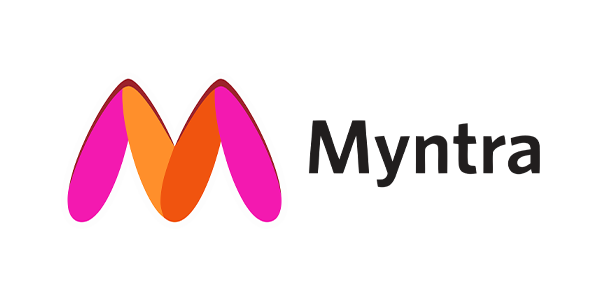








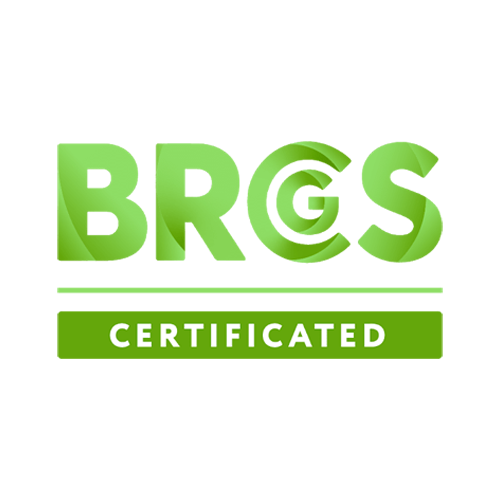
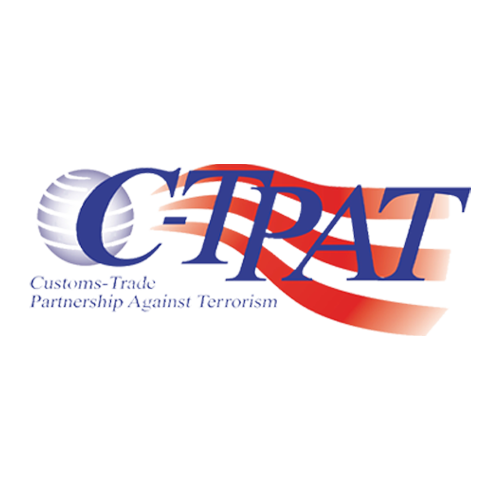





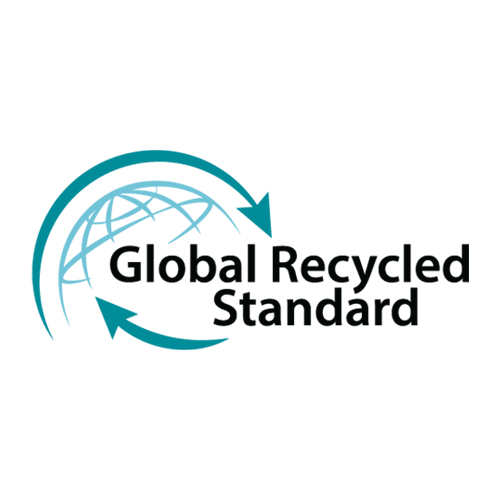
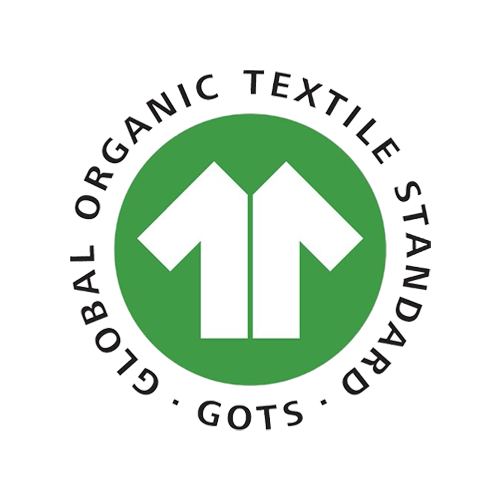





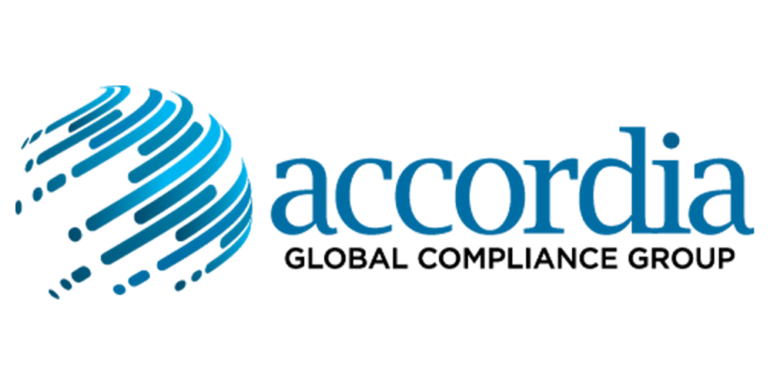
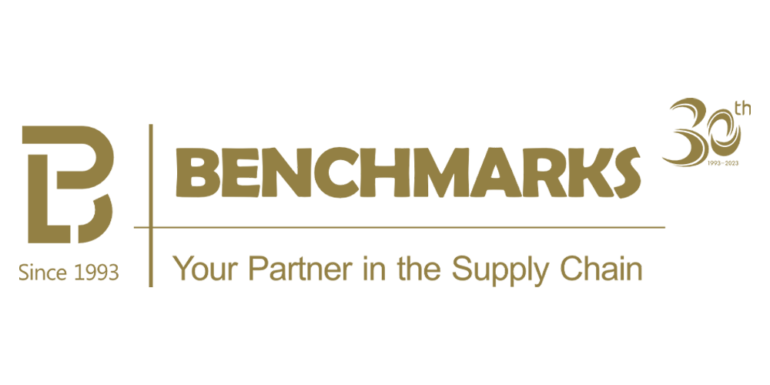

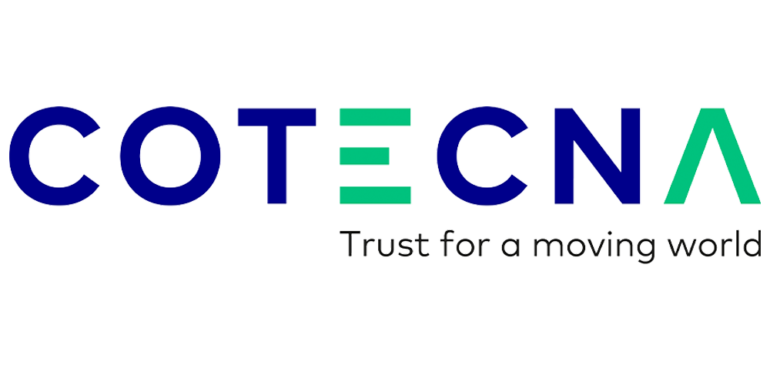
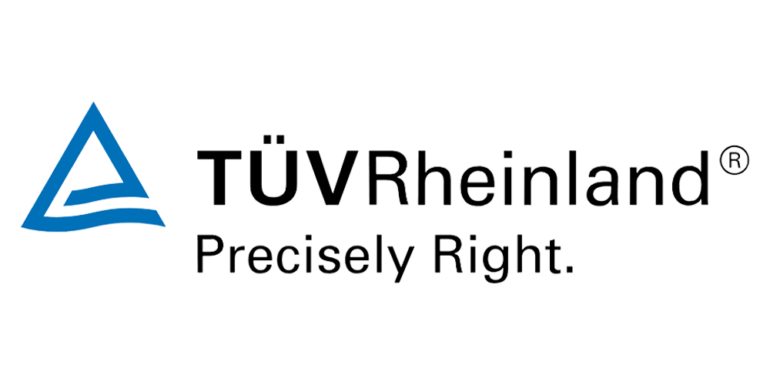
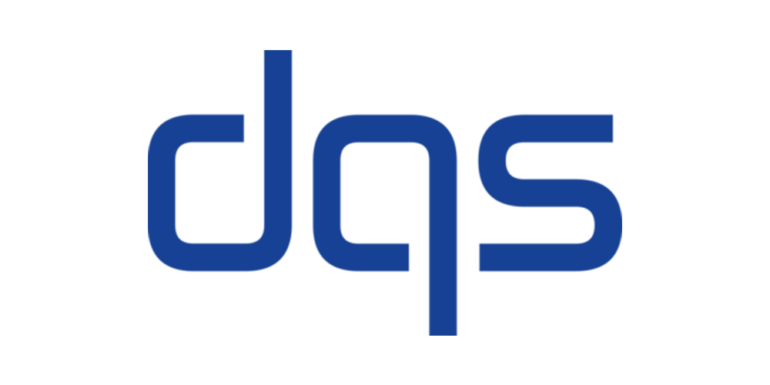

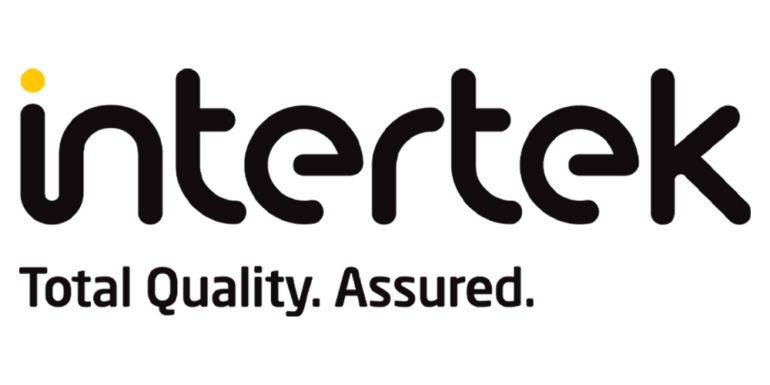
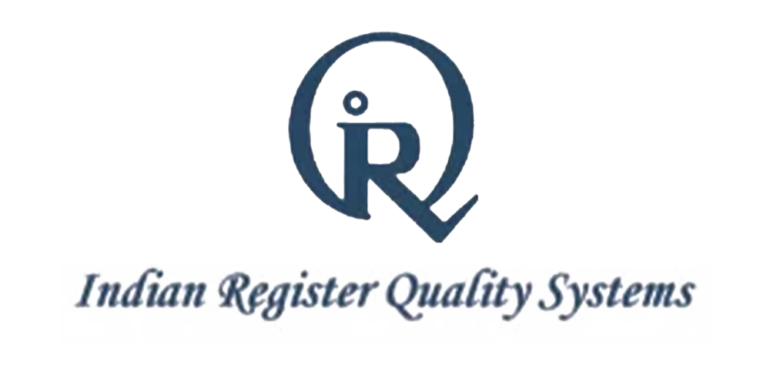
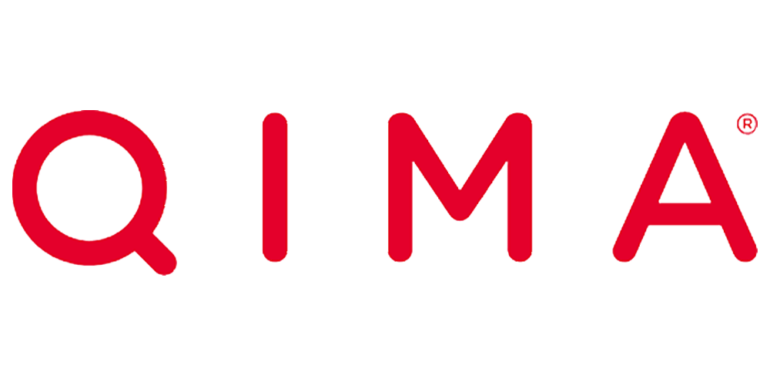
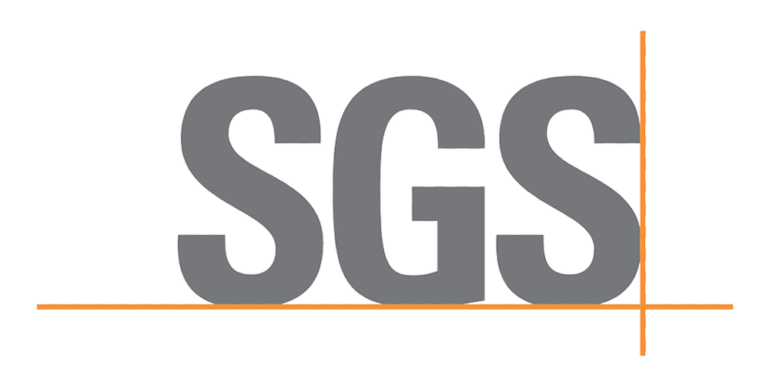
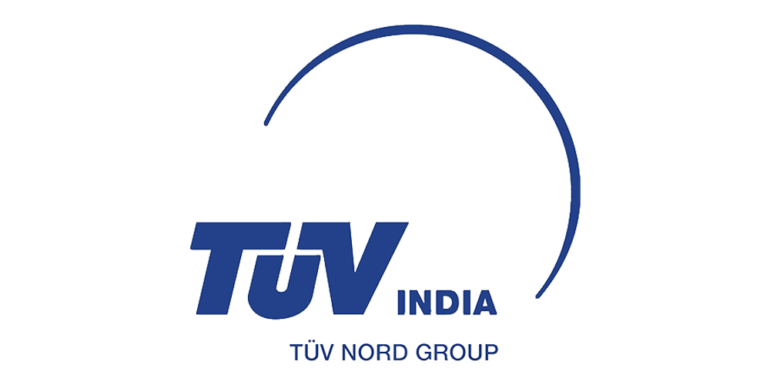
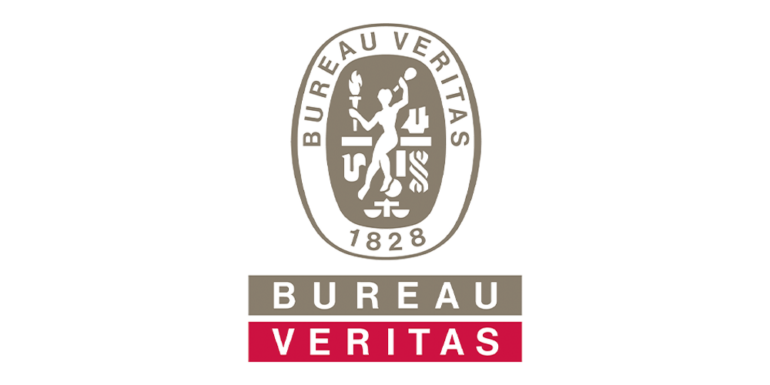
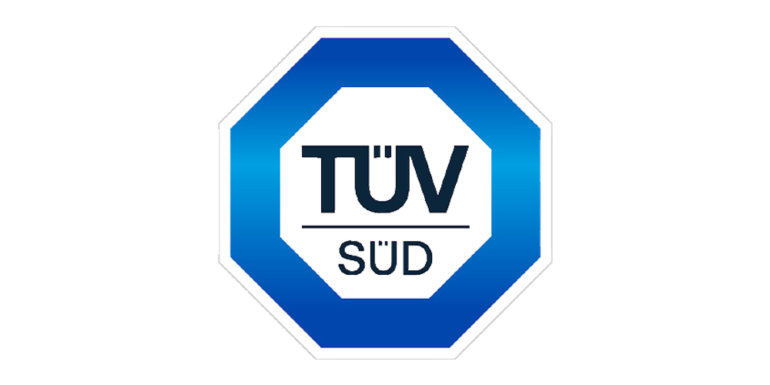
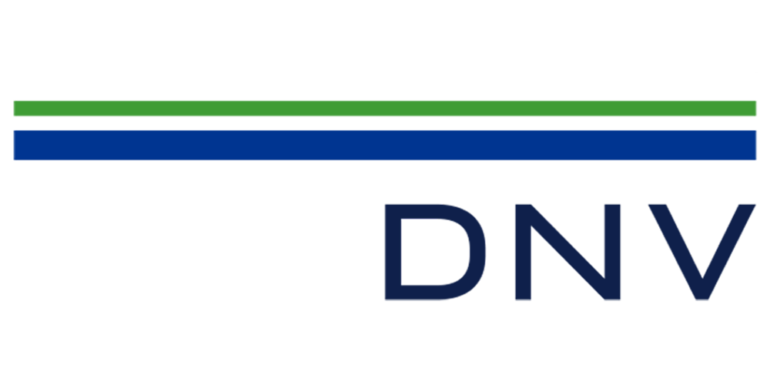














Your next step towards expert assistance is just a message away.
©2025 All Rights Reserved | Legal4sure

©2025 All Rights Reserved | Legal4sure
WhatsApp us